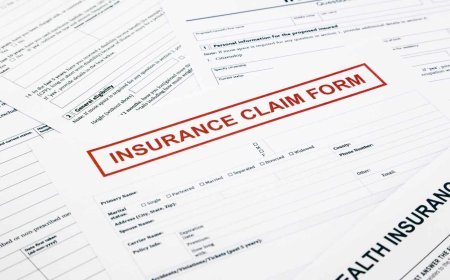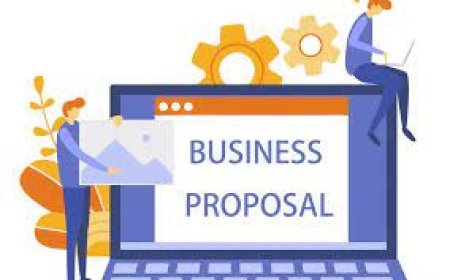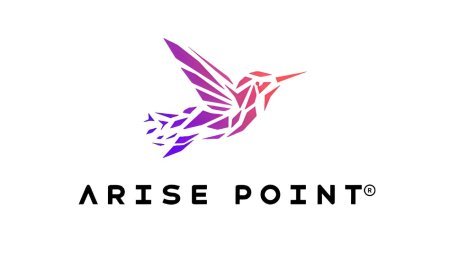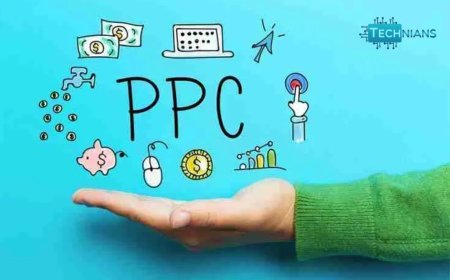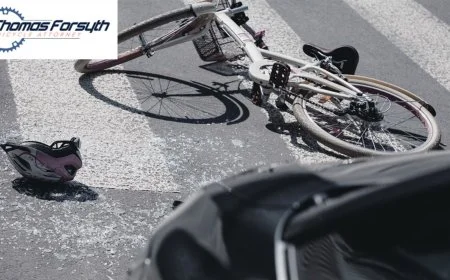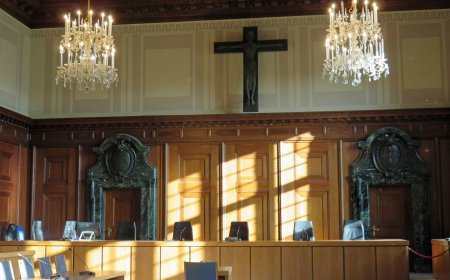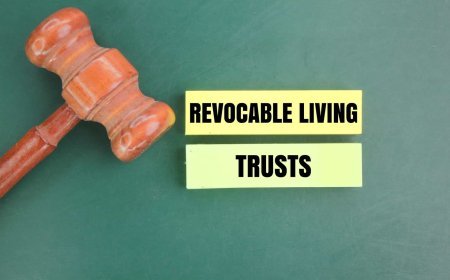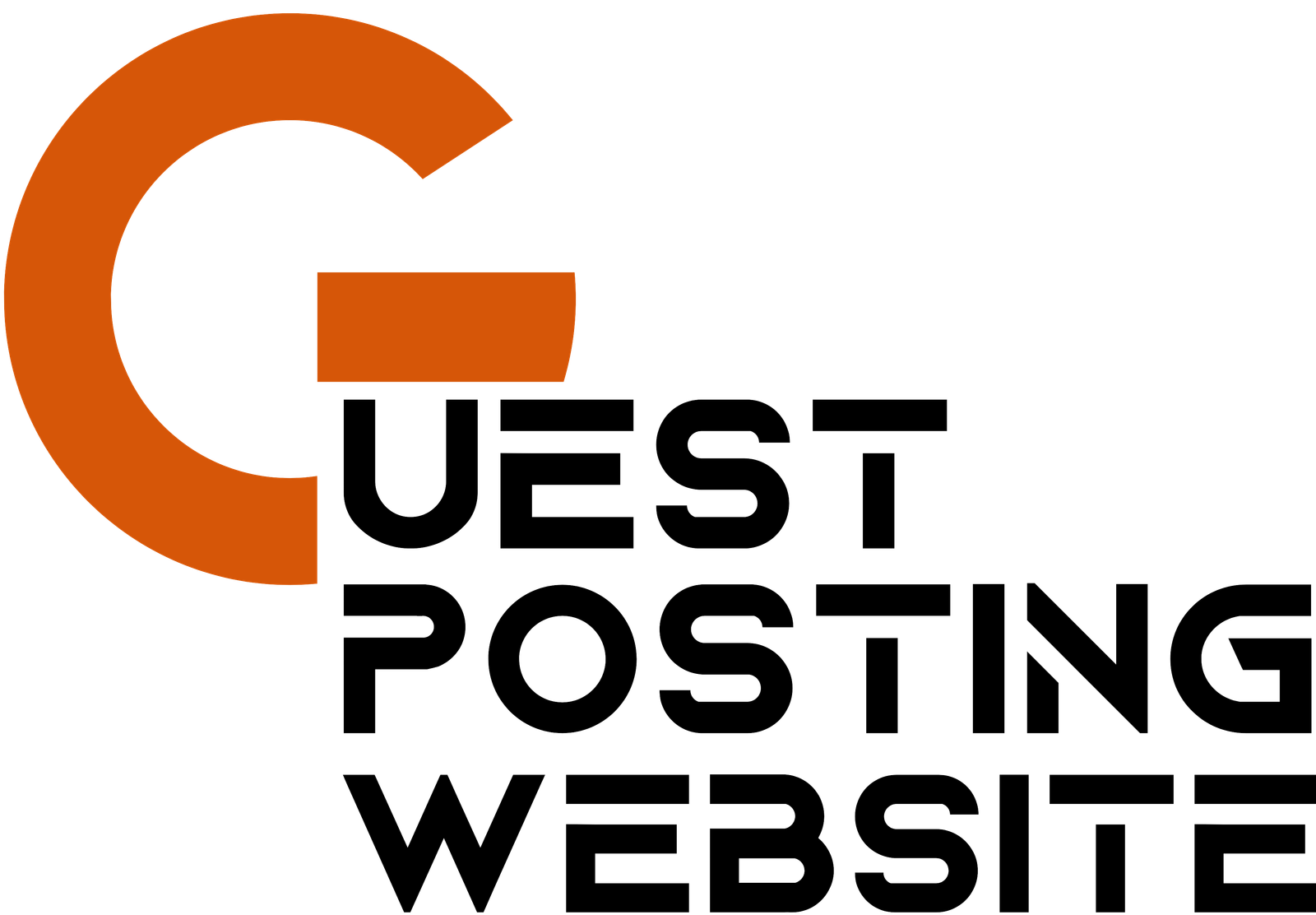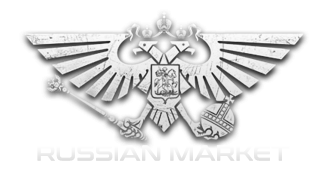How to Check if a Forex Broker is Regulated and Legit

Choosing a regulated forex broker is one of the most important steps in protecting your investment. A regulated broker operates under strict financial guidelines, ensuring transparency and fair trading conditions. But how do you verify if a forex broker is properly regulated?
In this guide, we’ll walk you through a simple five-step process to check a broker’s credentials, avoid scams, and ensure you’re trading with a trustworthy platform. By following these key checks, you’ll be able to differentiate between reliable brokers who facilitate genuine trading and shady operators looking to take advantage of unsuspecting traders.
Is Forex Trading Legitimate?
Absolutely! Forex trading is a legitimate way to invest and trade in global currencies. However, like any financial market, it attracts its share of bad actors. That’s why it’s essential to trade with a reputable and regulated broker to avoid falling victim to scams.
How Do Forex Brokers Work?
Forex brokers provide the platform and tools for traders to buy and sell currencies. They act as intermediaries, executing trades, processing deposits, and facilitating withdrawals. A good broker ensures a seamless trading experience by offering competitive spreads, secure transactions, and reliable customer support.
Three Major Types of Forex Broker Schemes
The forex trading online market offers plenty of opportunities, but it also attracts scammers looking to take advantage of unsuspecting traders. Here are some of the most common forex scams and how they operate.
Fly-By-Night Brokers
This type of scam involves individuals or groups setting up a low-quality website that promises incredible returns on forex investments. They aggressively push traders to deposit funds, only to vanish once they’ve collected enough money. In some cases, they even fake bankruptcy before disappearing, leaving traders with no way to recover their funds.
Forex Bucket Shops
A more sophisticated scam, bucket shops create professional-looking trading platforms that closely mimic legitimate brokers. The key difference? Traders aren’t participating in the real forex market. Instead, they’re trading against fake accounts controlled by the scammers. Everything—from price movements to trade execution—is manipulated to ensure traders lose their money. Some fraudsters even copy branding elements from well-known brokers to appear credible, making it even harder for victims to spot the deception.
Pyramid Schemes
Pyramid schemes are one of the oldest financial scams, and they’ve found a forex place as well. These so-called “brokers” don’t offer real trading services. Instead, they rely on recruitment—encouraging traders to bring in new investors while collecting deposits. Since there’s no actual market activity happening, these schemes eventually collapse, leaving the majority of participants with nothing while those at the top walk away with huge profits.
How to Verify If a Forex Broker Is Regulated
Ensuring that a forex broker is properly regulated is essential to safeguarding your funds and avoiding scams. Here’s a step-by-step guide to help you verify a broker’s regulatory status.
1. Check the Broker’s Regulatory Claims
Start by visiting the broker’s official website. Legitimate brokers will clearly state which financial authority oversees their operations. Look for this information in the “About Us,” “Legal,” or “Regulation” sections.
Some of the most well-known and reputable regulatory bodies include:
-
FCA (Financial Conduct Authority) – UK
-
CFTC (Commodity Futures Trading Commission) – US
-
ASIC (Australian Securities and Investments Commission) – Australia
-
CySEC (Cyprus Securities and Exchange Commission) – Cyprus
-
BaFin (Federal Financial Supervisory Authority) – Germany
Brokers regulated by these authorities must follow strict rules to ensure transparency, financial stability, and fair trading practices.
2. Verify the Broker’s License Number
A regulated broker will typically provide a license or registration number. This is a crucial piece of information because scam brokers often claim to be regulated without actually being registered. Check for this number on the broker’s website—it should be listed alongside their regulatory details.
3. Cross-Check With the Official Regulator’s Website
To confirm the broker’s legitimacy, visit the website of the financial regulator they claim to be registered with. Most regulatory agencies have online databases where you can search for a broker by name or license number.
Here’s where you can verify a broker’s registration:
-
FCA (UK): Use the FCA Register to look up the broker.
-
CFTC (US): Search for the broker on the National Futures Association (NFA) website.
-
ASIC (Australia): Check the ASIC register to confirm their regulatory status.
-
CySEC (Cyprus): Look up the broker on CySEC’s official website.
-
BaFin (Germany): Search the BaFin database for the broker’s details.
By entering the broker’s name or license number, you can quickly determine whether they are actively regulated and authorized to operate. If the broker isn’t listed or the details don’t match, it’s a major red flag.
Taking these simple verification steps can help you avoid unregulated brokers and ensure that you’re trading with a trustworthy platform.
4. Verify the Broker’s Regulatory Details
Once you’ve found the broker in the regulator’s database, take a closer look at their details. Make sure the broker’s name, license number, and website match the information listed on their official site. Also, check whether their regulatory status is still active—some brokers may have had their licenses revoked or been suspended due to misconduct.
If anything seems inconsistent or the broker’s status is unclear, it’s best to reconsider trading with them.
5. Watch Out for Unregulated or Offshore Brokers
If a broker isn’t listed in the regulator’s database or their license appears questionable, that’s a major red flag. Some brokers operate from offshore jurisdictions with weak or minimal oversight, putting your funds at significant risk.
Be especially cautious of brokers based in:
-
The Bahamas
-
Seychelles
-
Belize
-
Vanuatu
While not all offshore brokers are scams, they typically don’t offer the same level of protection as brokers regulated in major financial centres like the UK (FCA) or the US (CFTC). If a broker is registered in an offshore location, do extra research before committing any funds.
Final Thoughts
Ensuring a forex broker is properly regulated is one of the most important steps in securing your investment. By following these simple verification steps, you can confidently choose a trustworthy broker and avoid falling victim to scams.
Remember, a regulated broker provides greater transparency, financial security, and legal protection—giving you peace of mind while you trade.
What's Your Reaction?







